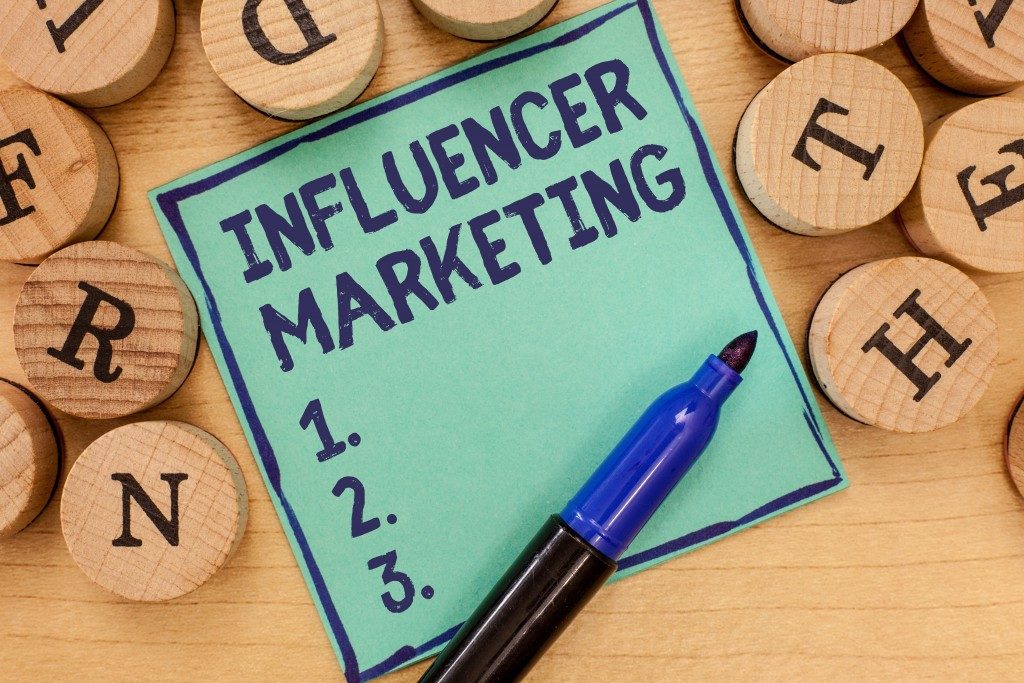Can your young company afford $150 million in endorsement fees from a celebrity? That’s what Roger Federer got in 20 years donning Nike apparel. What about $26 million? That’s reportedly what Taylor Swift’s contract indicates as fees for endorsing Diet Coke. As celebrities, Federer and Swift are brands in themselves, and partnering with other big commercial brands, like Nike and Coca Cola, seem to work magic for both parties.
Could this marketing strategy also work for small to medium-sized companies in the manufacturing industry? Should CMOs in manufacturing get a celebrity as an endorser?
Understanding Celebrity Endorsement
You create a buzz around your product by hiring a celebrity endorser. The buzz reaches the celebrity’s fan base numbering millions of people around the world. The buzz translates into sales. It’s a win-win situation for both celebrity endorser and the product. That is essentially what celebrity endorsement or celebrity branding is.
Nicole Kidman’s endorsement of perfume brand Chanel reportedly boosted sales of up to 30%. Nike earned about $103 million with its collaboration with Tiger Woods in the first decade of the 2000s.
Seeking Celebrity Endorsement

Sales is the best way to measure the impact of celebrity endorsement. But with today’s marketing efforts going digital, the effect on brands by celebrities and other content producers or “influencers” is also measured by EMV or earned media value. According to Burst Media, brands that spent $1 on paid media generated about $6.85 in EMV by running influencer marketing campaigns. Here are a few more things to know if you’re contemplating hiring a celebrity to endorse your product or services.
- Pick the right celebrity. Relevance is important. Debbie Gibson might have been perfect as an endorser if you’re still living in the 80s. You need someone current and can expand your brand across several demographics. Do your research first, be patient, and you will arrive at the best partnership with a celebrity.
- Be ready to spend. If you’re targeting the big stars, then be prepared to spend the big bucks. Be prepared to part ways with six or seven figures worth fees. Your other option is to offer equity to the company.
- Rising social media celebrity. They’re probably significantly cheaper, but if they have 500,000 to more than a million followers, some social media personalities can be effective endorsers too. With digital marketing and analytics, it’s even easier now to measure the success of your campaigns and your investment. Typically, your fees will involve both money and products as gifts.
- Seek common ground. Celebrities have their advocacies. They work with non-profits or charity organizations. Align some of your marketing initiatives with a celebrity’s charity involvement. Matt Damon is supporting the cause for clean water in Africa. Your company, for example, can help fund a deep well project in Africa. At the same time, Matt endorses your product or mentions your company’s name every time he talks about the project during interviews.
- B-listers can be effective endorsers too. Calibrate your goals. A no-longer-that-famous-celebrity, but with ties to your community, could still help generate a following. B-lister celebrities whose popularity has waned could be useful in a more local setting. They will fit your budget.
Be prepared to jump through some hoops as you will deal with agents, managers, and other gatekeepers before you connect with your celebrity. Once they agree to work with you, nurture the relationship. It will be worth it.

